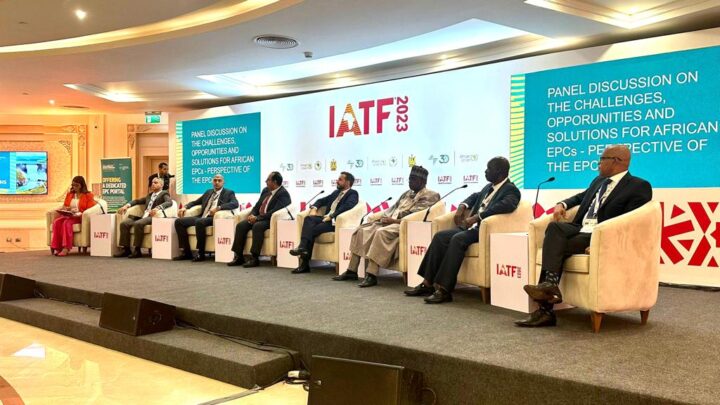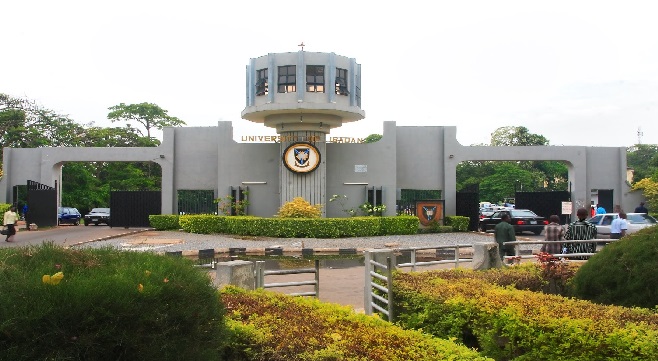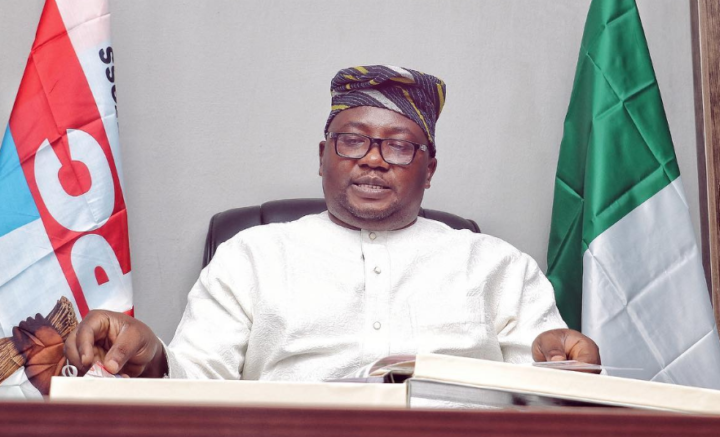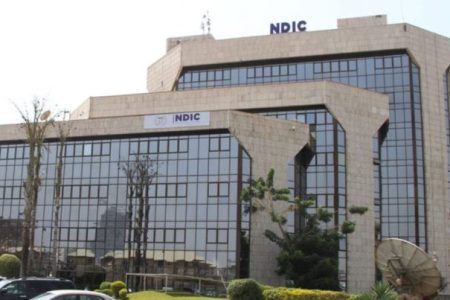Stakeholders have called on the African Export-Import Bank (Afreximbank) to boost financial support for African engineering, procurement and construction (EPC) firms to bolster infrastructure development and curtail capital flight.
They said Africa loses over $50 billion to capital flight annually, due to the participation of foreign firms in the execution of EPC-related contracts on the continent.
The stakeholders spoke on Monday, during a panel session at the ongoing Intra-African Trade Fair (IATF) 2023 trade conference, in Cairo, Egypt.
Emeka Okwuosa, chairman and group chief executive officer (GCEO) of Oilserv Group, said access to funds is critical to enable healthy competition.
Advertisement
Okwuosa said access to cheap funds would enable more African companies to compete for EPC-related jobs within the continent and beyond.
He noted that the continent cannot compete with the rest of the global economy except African EPC firms can access more funds.
“When we talk about finance and funding, for us, in the oil and gas sector, we have a success story of the ongoing construction of the AKK pipeline at $2.4 billion,” he said.
Advertisement
“The issue of funding is not about access, but the cost of the funds. Most African countries are not in a position to access funding in a way to be able to compete in terms of the cost of the funds relatively compared to the Chinese companies.
“This is because, if you are bidding for an EPC contract and the cost, apart from your ability to execute in terms of your technical capacity, the cost enables you to win and execute the project profitably.
“Competing with the European, Chinese companies is quite difficult because at the end of the day, the margin of African companies does not come close to competing with the financial muscles of the Chinese which, often than not, does not build indigenous capacity but rather giving way to capital flight which are repatriated to develop their countries rather than injecting such in Africa.”
‘AFREXIMBANK NEEDS TO STEP UP ACCESS TO FUNDING’
Advertisement
Okwuosa said Afreximbank needs to step up and create more access to funding for African EPC companies at a good rate because that is the only avenue capacity can be built.
He said Chinese firms come in to run projects with finance at cheap rates.
“However, these funds are being met with difficult conditions, part of which would be minimum involvement of local content to provide finance for labour, materials and equipment. If Afreximbank can take up the challenge, the value system will be improved,” he said.
“When we talk about financing, from placement of guarantee for a project of a billion dollars, the Chinese would present less than the budget because it’s been backed up by their government.
Advertisement
“Afreximbank can leverage on its position of strength and be able to work with other financial institutions across African countries like the NEXIM banks of these countries.
“I will take into account of the African Continental Trade Agreement and I’m sure there are some protocols that can be taken into account for a better synergy to be able to provide the basis for a more competitive financial system for such projects by Africans which will make a lot of difference.”
Advertisement
‘POLITICAL INCONSISTENCY CAUSING DELAYS IN PROJECTS IN AFRICA’
On his part, Ahmed Elsewedy, the CEO of Elsewedy Electric, said many projects are either delayed or frustrated due to the current inconsistency in Africa’s political system.
Advertisement
According to Elsewedy, the political uncertainty in Africa has made it challenging for EPC projects.
“For instance, in a switch from a government to another after an election, oftentimes, projects are dragged backwards thereby, undergoing renegotiation. This process can sometimes take more than two years to be approved,” he said.
Advertisement
“That alone is a major setback to the EPC projects across Africa and this does not look good, but because we are ready to work, most times we continue with the project despite being unattractive and profitable anymore.”
‘INFRASTRUCTURE DEFICIT AFFECTING THE EPC SECTOR’
On capital flight, he said capacity is never achieved when the “projects are contracted to the Chinese or European companies”.
“Africa has the capacity and the idea of taking the money back to China or Europe to develop. [it] is a system and challenge that will never grow capacity,” he added.
Speaking on the challenges faced by EPC organisations in Africa, Hassan Allam, the CEO of Hassan Allam Holding, higlighted infrastructure deficit, a lack of funding as the crisis hampering the sector’s advancement.
Allam said most African countries are faced with infrastructure challenges which include logistics and “that of supply chain which is impacted on project executions”.
He said the second challenge is limited access to “finance and skill gap in the African space and its contractors”.
Add a comment







